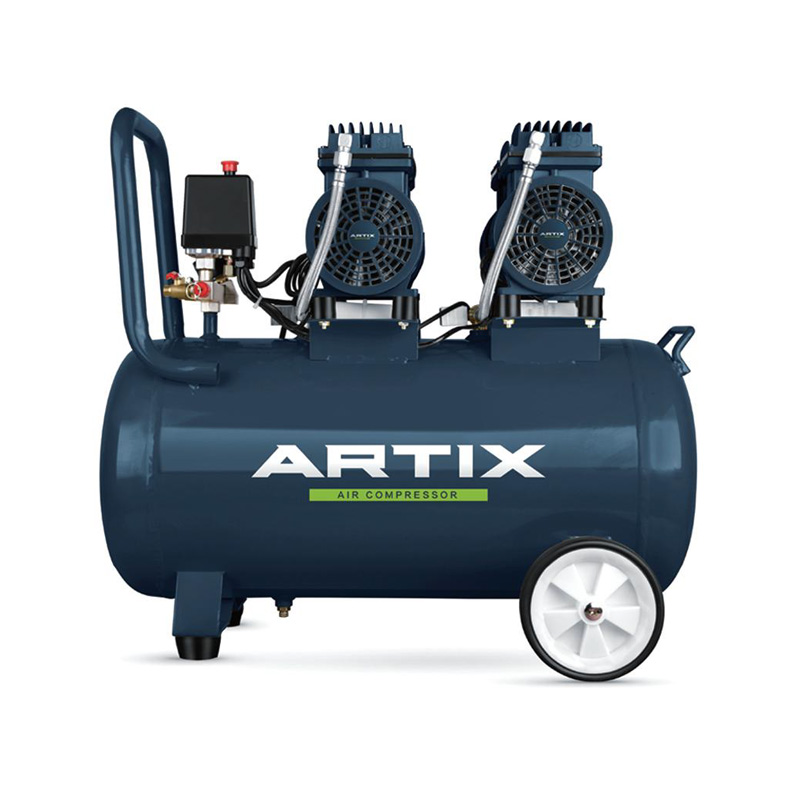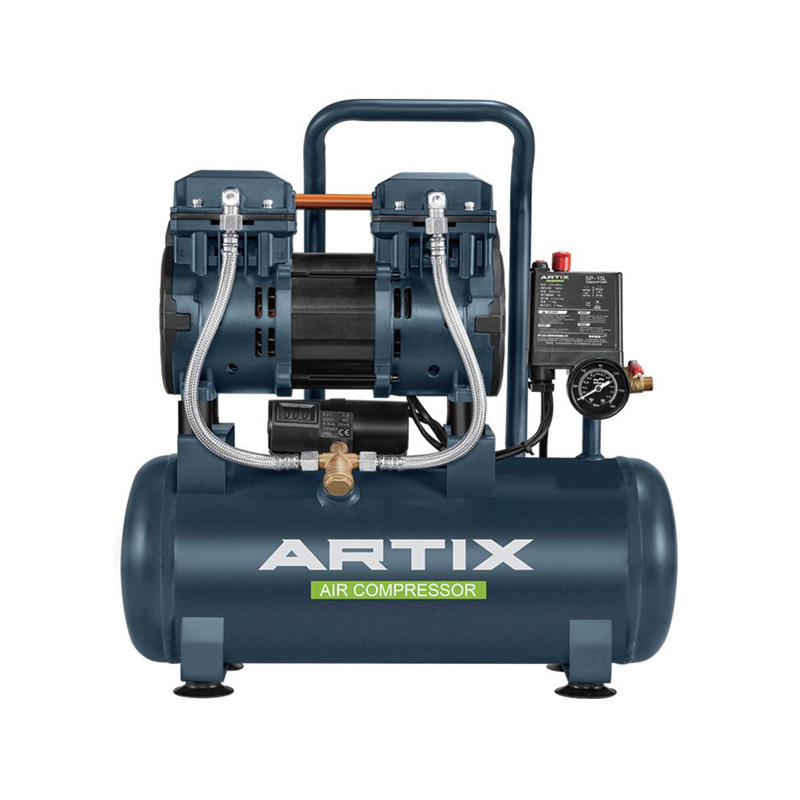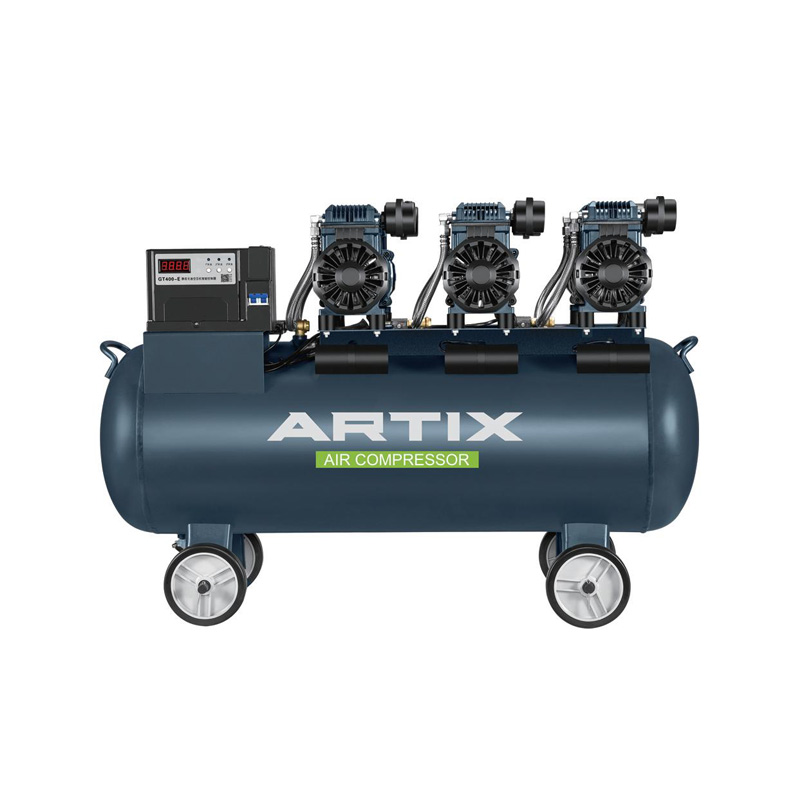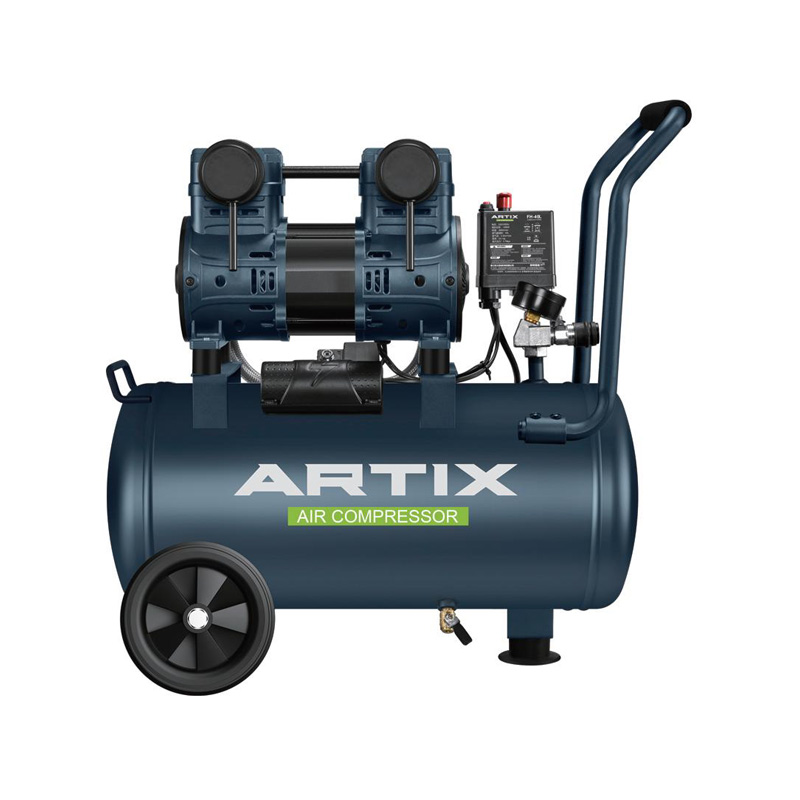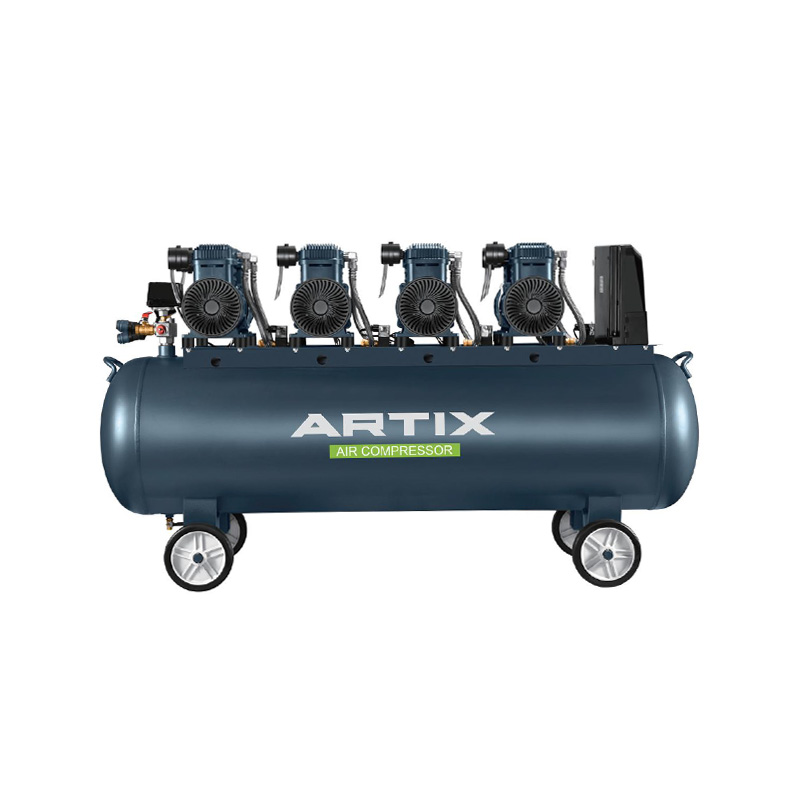Selecting the right industrial air compressor is a crucial decision that impacts efficiency, operational costs, and long-term reliability. Whether you need an Industrial Oil Free Air Compressor for contamination-sensitive applications or a Direct Driven Air Compressor for energy efficiency, understanding key selection criteria ensures good performance.
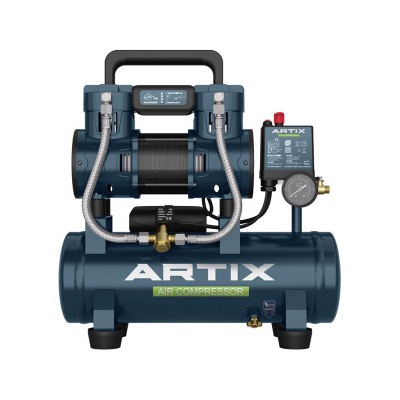
1. Air Quality Requirements
The level of air purity needed varies across industries. For sectors like pharmaceuticals, food & beverage, or electronics manufacturing, even trace oil contamination can compromise product quality. In such cases, an Industrial Oil Free Air Compressor is indispensable, as it delivers contaminant-free air.
On the other hand, if your application allows for fewer oil carryover, a standard compressor may suffice. However, Direct Driven Air Compressors also offer cleaner operation due to fewer moving parts, reducing the risk of lubricant leakage. Always assess ISO air quality standards (such as Class 0 for oil-free air) to match your industry’s requirements.
2. Energy Efficiency & Operational Costs
Compressors account for a significant portion of industrial energy consumption. Direct Driven Air Compressors eliminate the need for belts or gears, reducing energy loss and improving efficiency. Their compact design also requires less maintenance, lowering long-term costs.
Similarly, Industrial Oil Free Air Compressors avoid the expenses associated with oil changes, filtration, and disposal. While their upfront cost may be higher, the reduction in maintenance and energy savings often justifies the investment. Look for models with variable speed drives (VSD) to further optimize energy usage based on demand.
3. Reliability & Maintenance Needs
Downtime in industrial operations can be costly. Direct Driven Air Compressors have fewer wear-prone components compared to belt-driven models, enhancing durability. Their simplified mechanics mean fewer breakdowns and longer service intervals.
Meanwhile, Industrial Oil Free Air Compressors eliminate oil-related failures, such as clogged filters or lubricant degradation. However, they may require specialized maintenance due to advanced sealing technologies. Always review the manufacturer’s recommended service schedules and availability of spare parts before purchasing.
4. Noise Levels & Workplace Environment
Excessive noise can affect worker safety and compliance with occupational regulations. Direct Driven Air Compressors typically operate more quietly than traditional models due to reduced vibration and mechanical friction.
Industrial Oil Free Air Compressors also contribute to a cleaner and quieter workspace since they don’t require oil cooling systems, which can generate additional noise. If your facility has strict noise restrictions, consider compressors with integrated sound-dampening enclosures.
5. Scalability & Future-Proofing
Your air compressor should accommodate future production growth. Direct Driven Air Compressors offer modular designs, allowing for easy capacity upgrades without major overhauls. Similarly, Industrial Oil Free Air Compressors are often scalable for expanding clean-air applications.
Evaluate whether the system supports additional air treatment units (like dryers or filters) and whether the manufacturer provides flexible configurations. Investing in a future-ready compressor prevents premature replacements and ensures long-term value.
Choosing the right industrial air compressor involves balancing air quality, energy efficiency, reliability, noise levels, and scalability. Industrial Oil Free Air Compressors are ideal for contamination-sensitive industries, while Direct Driven Air Compressors provide energy savings and reduced maintenance. By carefully assessing these five factors, you can select a system that maximizes productivity while fewer operational costs.
Whether you prioritize clean air, energy savings, or long-term reliability, understanding these key considerations ensures you make an informed decision tailored to your industrial needs.
